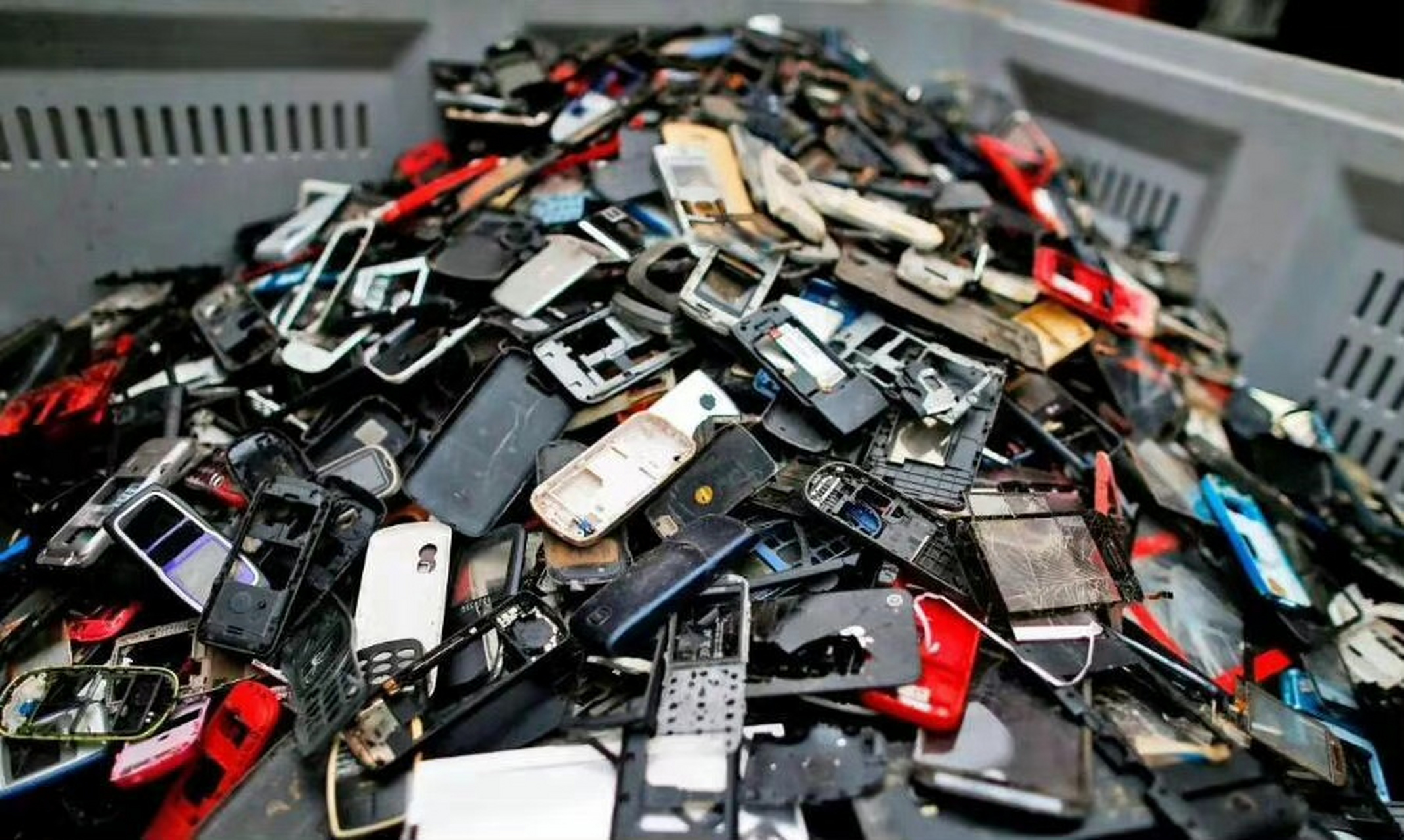Электронные отходы (также известные как отходы электрического и электронного оборудования или WEEE) - один из самых быстрорастущих потоков твердых отходов в мире, который увеличивается примерно в три раза по сравнению с темпами роста населения планеты. К распространенным видам электронных отходов относятся компьютеры, мобильные телефоны, крупная бытовая техника и медицинское оборудование. К электронным отходам также относятся отбракованные компоненты электронных устройств и отходы, образующиеся в процессе их производства и использования. Эти отходы обычно содержат тяжелые металлы, такие как свинец, кадмий и ртуть, а также различные токсичные химические вещества. При неправильном обращении эти опасные вещества могут просочиться в почву и водные источники, представляя серьезную угрозу для окружающей среды и здоровья людей.

Поэтому, переработка электронных отходов имеет решающее значение для защиты окружающей среды, что в первую очередь проявляется в следующих аспектах:
1. Снижение загрязнения окружающей среды: Неправильная утилизация может привести к утечке вредных веществ. Переработка обеспечивает профессиональную обработку и безопасное хранение этих материалов, что значительно снижает риск загрязнения окружающей среды.
2. Сохранение ресурсов: Электронные изделия содержат ценные, пригодные для вторичной переработки ресурсы, такие как медь, золото, серебро и пластмассы. Переработка снижает потребность в добыче первичных ресурсов, тем самым сохраняя энергию, уменьшая выбросы парниковых газов и эффективно защищая природные среды обитания и биоразнообразие.
3. Снижение нагрузки на свалку: Выброшенная электроника имеет большие габариты и быстро занимает место на свалках, создавая потенциальный экологический риск. Переработка эффективно направляет электронные отходы в другое русло, снижая нагрузку на полигоны.
4. Содействие устойчивому развитию: Переработка электронных отходов является жизненно важным компонентом устойчивого развития. Она снижает негативное воздействие электронных отходов на окружающую среду и способствует циркуляции ресурсов, внося свой вклад в более устойчивое будущее.
Как усилить переработку электронных отходов и свести к минимуму вред для окружающей среды?
Необходимо принимать меры на национальном и международном уровнях. Потенциальные меры включают:
- Продвижение и реализация международных соглашений высокого уровня;
- Оказание соответствующей экономической поддержки профессиональным компаниям, занимающимся переработкой электронных отходов, при одновременном усилении надзора;
- Реализация и мониторинг мероприятий по регулированию неформальной деятельности по переработке электронных отходов и защите здоровья работников и населения;
- Повышение осведомленности о правильной утилизации электронных отходов и информирование общественности о связанных с этим рисках для окружающей среды и здоровья.
Технологическая отрасль также должна нести основную ответственность, внедряя стратегии устойчивого развития для уменьшения количества электронных отходов:
- Строгое соблюдение национальных и местных законов и правил, касающихся переработки и утилизации электронных отходов;
- Создание комплексных систем возврата продукции;
- Реализация программ по сбору и переработке отслуживших свой срок электронных изделий.
Переработка электронных отходов стала обширным и постоянно расширяющимся рынком, особенно на фоне постоянно растущих темпов оборота и замены электронных изделий. Как компания, специализирующаяся на охране окружающей среды и переработке ресурсов твердых отходов.Оптимизация экотехнологийпредлагает производство высококлассного оборудования и системные решения. Они разработали серию передового технологического оборудования, специально предназначенного для переработки электронных отходов, пластика, литий-ионных батарей, бытовой техники и других материалов.